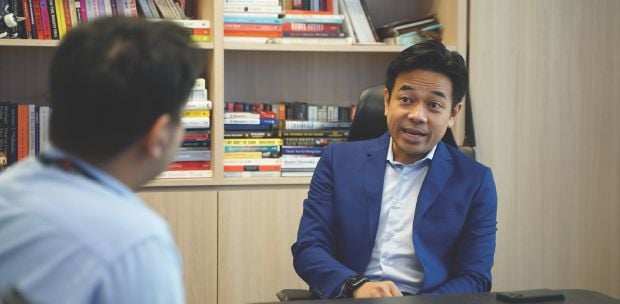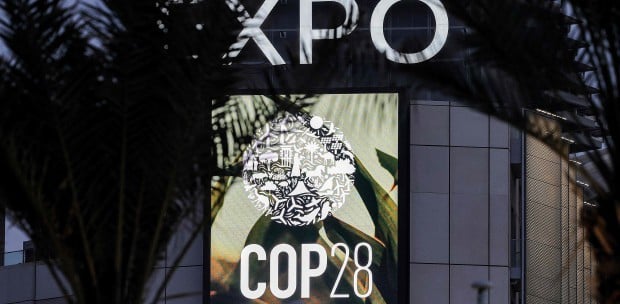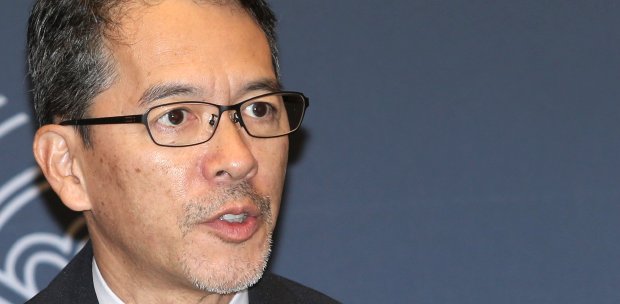TODAY'S world is very much influenced by science. Pick any issue that the world is currently facing, and science will be at the centre of it all.
Climate change has become an issue because science provides evidence of global warming and carbon emissions. The landscape of world commerce has been transformed because of the advances in the Internet and cybersciences.
Infectious diseases can be better detected through science, which also provides the answer to prevention and therapy. We saw this during the Covid-19 pandemic.
Even industrial development is now dictated by the science of automation and innovation. In other words, the world must invest in science.
This explains why all the development policies and plans of countries around the world are rooted in science as the strategic weapon for sustained progress. Without the advancement in science, the world will be at a loss to navigate and ensure its sustainability. We are no exception.
Malaysia has introduced many policies on science. Industry 4.0, Digital Economy, Bioeconomy, Smart City, STEM and many others have recently been launched.
Soon there will be more in the pipeline. These include policies on the hydrogen economy, blue economy and Artificial Intelligence.
There is no denying that all such policies went through rigorous stakeholder engagements and focus group discussions before they were finalised for adoption.
It is also true that many have cried foul at the implementation of such policies.
There is always a lot of fanfare in the launching of the policies but the silence after that has been disturbing.
We seldom hear reports of progress or whether the plans have been acted on. This is worrying because much effort and cost has gone into designing the policies. Failure to effectively implement them is more costly for the country.
Many are now questioning whether the practicalilty of such policies was given any thought when they were being drafted. Can we put the policies into practice?
Do the target groups truly understand the policies? Have the policies been effectively communicated to the target groups? Have we considered whether they have the capacity to deliver? Do they have sufficient resources?
Take the Smart City framework, which was launched three years ago.
The main target groups are the local authorities. Kuala Lumpur has declared its blueprint on low carbon. But others are rather quiet. In fact, we do not see the issue of waste management improving at all.
One key component of a smart city is smart waste.
The recommendation is to deploy digital methods to reduce the amount of waste sent to landfills. To date, many doubt that this is happening. In fact, landfills are bursting at the seams. There seems to be no let-up in carbon emissions.
Several studies have been undertaken to scrutinise the policies. Many have reached the conclusion that most of the policies are not action-oriented. There has been too much focus on theories rather than the practical aspects. Very little thought has been given to the practicability of the action plans.
Many realise the need for close collaboration and sharing among stakeholders, including ministries, in delivering the science policies. Many are also aware that operating in silos is common among the those implementing the policies.
Unfortunately, the issue is often not fully addressed when the policies are drafted. There has been too much focus on the "what" and "why" instead of the "how". Few would deny that the "how" part matters the most.
It is time we rethink the science policies and pay more attention to the "how", especially the challenges and obstacles in the implementation.
Unless the "how" part is resolved, we may end up with policies that are well crafted but face problems delivering them.
The writer is professor at the Tan Sri Omar Centre for STI Policy, UCSI University





